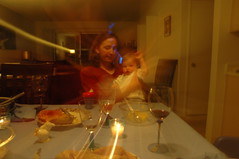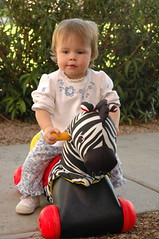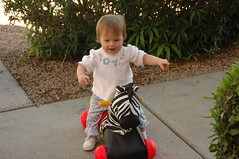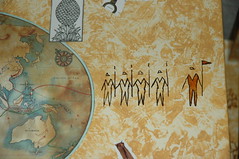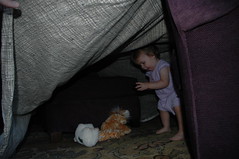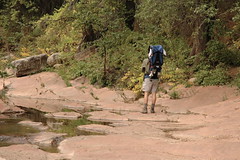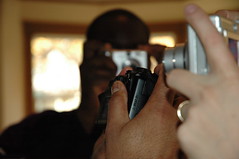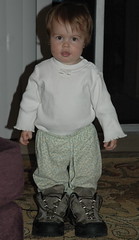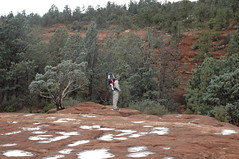My friend Scott Rettberg was asked to submit a short essay about the
three books that changed his life. While he didn't present it as a meme, I sure took it that way.
Like Scott, I must put forth the disclaimer that these are not my top three favorite works, nor am I particularly certain that, except for the second one, they are the works that had the most profound effect on my life. Nevertheless, lets give it a go.
1) Lolita by Vladimir Nabokov
Freshman year. Northwestern University. Introduction to Fiction with Elizabeth Dipple. Harris Hall auditorium.
The classic university lecture, 200 odd students in an auditorium listening to a professor declaim about the great works of literature.
I remember a time in high school at Hawley-Cooke bookstore, aimlessly wandering the stacks wondering what to buy. Uninspired by the classics and authors we were reading at St. Xavier, I was desperate for something with an edge, something remarkable, and though I couldn't articulate it in so many words, desperate for something outside the lockstep of realism and/or blank verse. Lolita was that book. "Lolita, light of my life, fire of my loins. My sin, my soul." Is anything else so passionate and damning. I sat on a blanket in the courtyard of North Mid Quad, frantically flipping back to Alfred Appel's end note annotations, searching the book for clues to Q, embibing on words like favonian, phocine, nacreous, nictating and friable. Heart, head--everything. I was so excited when I recognized the Wurlitzer that I literally yelled out loud, disturbing the fellow sun worshiping beside me. When H.H. knocks of his mother with the brilliantly terse parenthetical "(picnic, lighting)," I knew this was a book I could love.
2) The Gold Bug Variations by Richard Powers.
When I was living in Champagne-Urbana, wallowing in slackerdom, I decided that graduate school was a viable career path and started researching schools. I spent a lot of time in a non-descript room somewhere off the main corridors of the University of Illinois, reading journals, looking for professors and departments that seemed a good fit, I found Tom LeClair at the University of Cincinnati. A few weeks (months? who can remember these things) I visited Tom at UC and we talked about what authors I liked, who I had been reading. He mentioned that I should look at The Gold Bug Variations written, coincidently, by an author also living in Urbana. I checked it out of the library when I returned home. That book, subsequently, determined my graduate career. Not since Ulysses had I seen a book with such an awe-inspiring structural conceit. Indeed, I think Powers betters Joyce. I immediately purchased (and money was pretty tight in those days) his other books and devoured them each in turn. This writer, then and now, defines me as a scholar. I am known (and proud to be so) by my work on Powers, and with each new work and each time I've talked with him, I thank Aubrey McFate for linking us together.
3) The Chicago Gangster Theory of Life by Andrew Ross
This last one's a bit of a cheat. While Ross's book was one of the first works that unveiled a marriage of literary theory and environmentalism, the text that really changed my life was an interview with Ross in the now-defunct magazine Lingua Franca. CGToL no longer captures me the way it did in my first year of graduate school. Some of it's ideas seem superficial, and while giving Ross a lot of credit, I moved past him to the theoroticians that influenced his ideas. Yet those few months in '94 when I was reading CGToL and Strange Weather and then using Foucault to explain the twisted environmental rhetoric of the right...these moments were my foundation as a critic. Seven years later my dissertation was finally christened on the cornerstones found in a puff piece for the People magazine of academia.
Books that easily could have made the list:
The Tempest by Shakespeare
Gravity's Rainbow by Thomas Pynchon
The Next American Metropolis: Ecology, Community, and the American Dream -- by Peter Calthorpe
A Pattern Language by Christopher Alexander
The Fountainhead by Ayn Rand
Walden by Henry David Thoreau
Tristram Shandy by Laurence Sterne
ad infinitum

